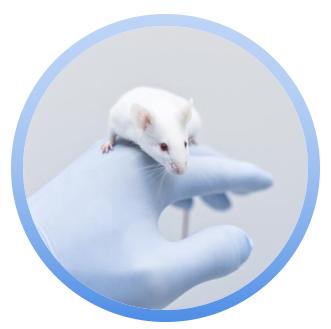
At CD BioSciences, we specialize in providing cutting-edge pre-clinical model services for Human Herpesvirus (HHV) research. Our services are designed to support pharmaceutical companies, biotech firms, and research institutions in advancing the development of antiviral therapies targeting HHV. With our expert knowledge and state-of-the-art facilities, we provide both animal model development and in vivo efficacy studies to enhance the drug discovery process.
Animal Model Development
Animal models are essential for simulating human diseases and testing the efficacy of potential antiviral treatments in a controlled setting. CD BioSciences offers the following animal model development services to meet the needs of HHV-related research:
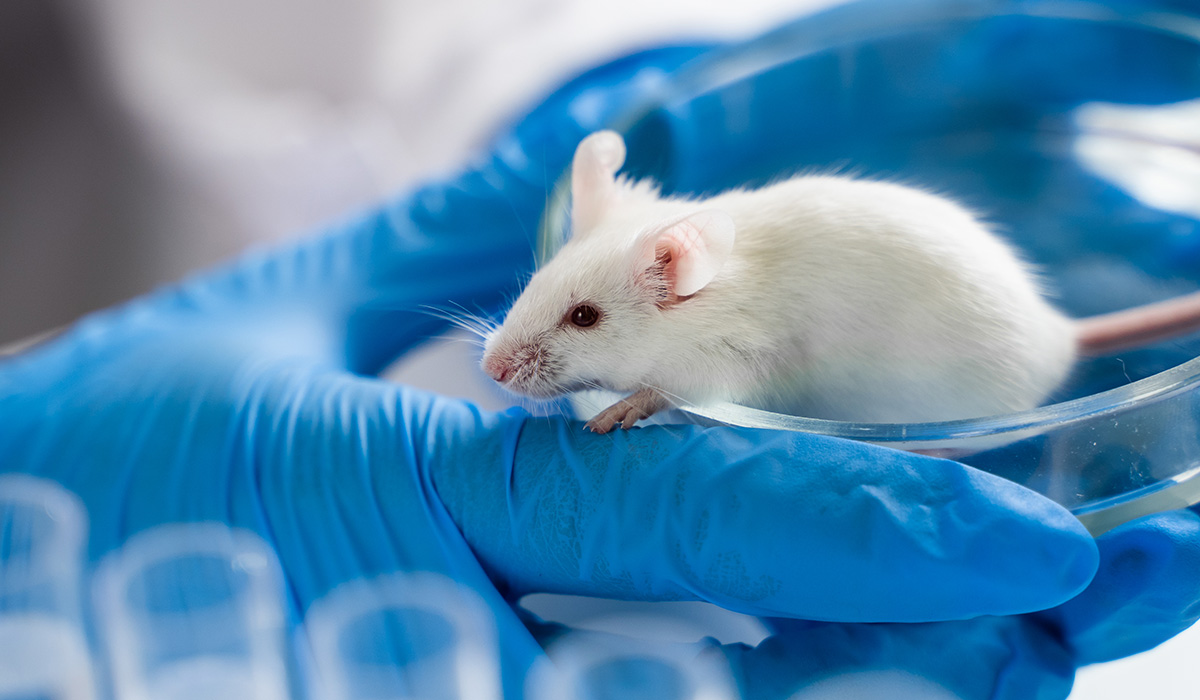
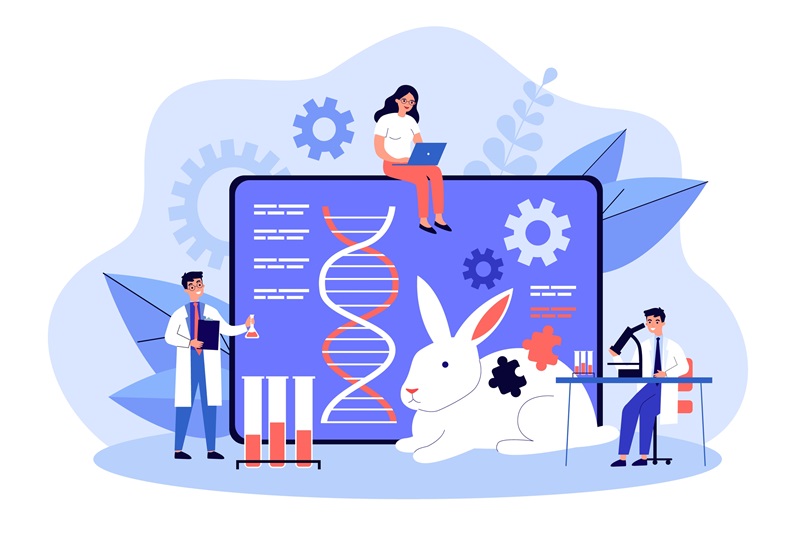
Rodent Models (Mouse, Rat, Guinea Pig)
We provide a variety of rodent models, commonly used for their genetic and physiological similarities to humans. These models are particularly useful for understanding virus pathogenesis, treatment efficacy, and immune responses.
Rabbit Models
Rabbits are valuable models for viral research, especially for studying systemic infections and evaluating antiviral candidates. Our services include the creation of customized rabbit models suited to specific HHV studies.
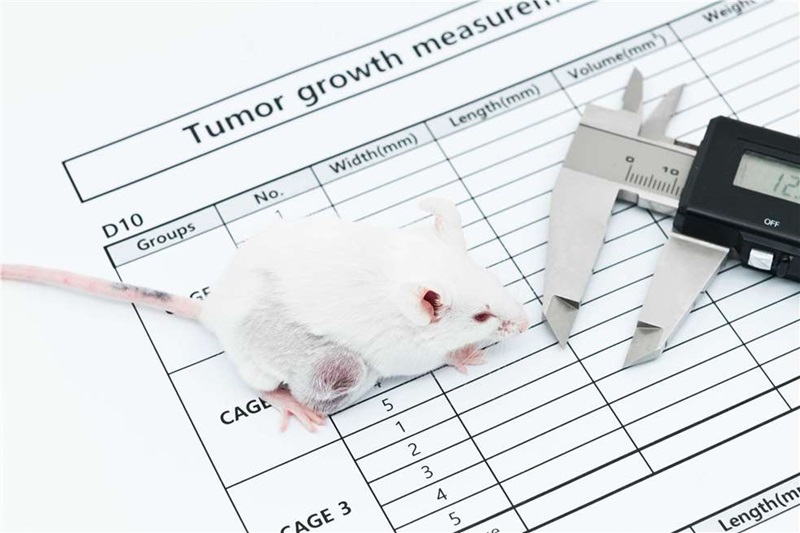
Humanized Mouse Models
These advanced models allow the transplantation of human cells into immunodeficient mice, offering a more accurate representation of human immune responses and viral infection.
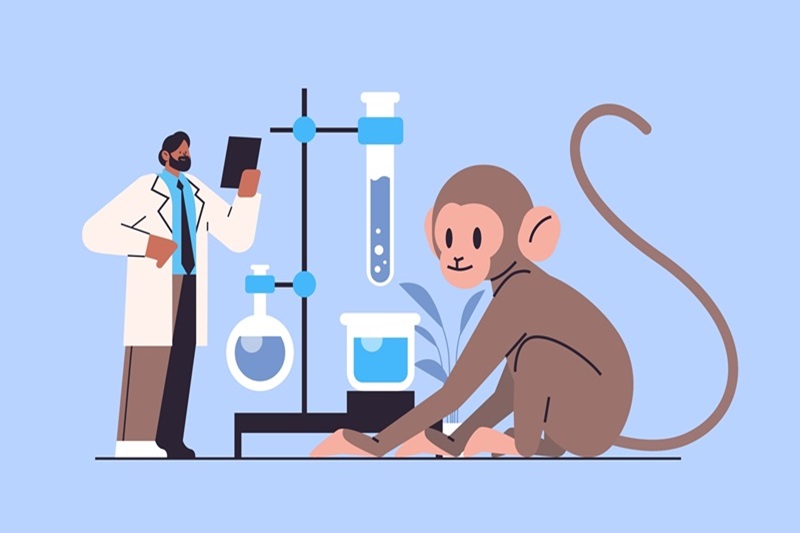
Non-Human Primate (NHP) Models
NHPs are indispensable for research requiring close physiological similarities to humans. Our services involve creating customized NHP models for studying HHV infections, latency, and reactivation.
In Vivo Efficacy Studies
CD BioSciences also conducts comprehensive in vivo efficacy studies that help evaluate the therapeutic potential of antiviral drugs targeting HHV. These studies include:
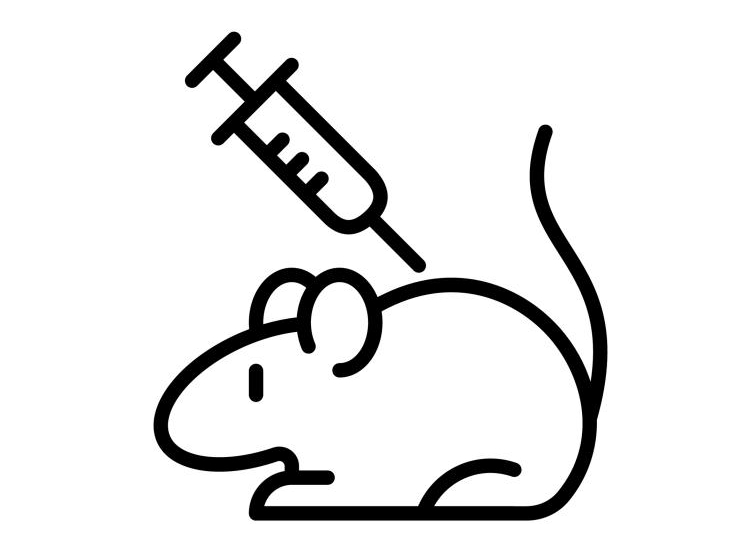
Efficacy in Acute Infection Models
Our acute infection models help assess the immediate effectiveness of antiviral treatments during the initial stages of infection. These studies are essential for evaluating viral load reduction, immune responses, and the overall therapeutic potential of drug candidates.
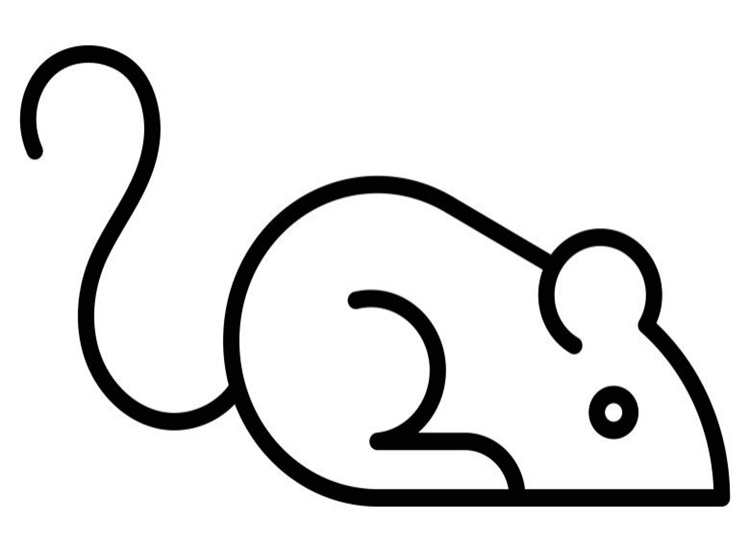
Therapeutic Efficacy in Latency/Reactivation Models
HHV has the ability to enter latency and reactivate under specific conditions. Our latency/reactivation models provide critical insights into how antiviral therapies can manage dormant viral infections, reducing the likelihood of reactivation.
Our pre-clinical model services are designed to provide you with the most reliable and scientifically valid data, ensuring that your HHV drug discovery efforts are well-supported. We work closely with clients to develop customized models that suit their specific research needs, and our experienced team ensures rigorous testing and data collection.
Our Expertise and Advantages
CD BioSciences has extensive experience in the field of HHV research, with a team of virology experts and scientists dedicated to advancing the development of novel antiviral therapies. Our services are built on scientific rigor and a deep understanding of HHV biology, allowing us to deliver high-quality results that support the pre-clinical drug development process.
By choosing our pre-clinical model services, you benefit from:
- Customization: We offer tailor-made animal models and studies that align with your specific research objectives.
- Scientific Expertise: Our team of experts is well-versed in the nuances of HHV infection, latency, and reactivation, ensuring that your research receives the highest level of technical support.
- Quality Assurance: We adhere to the highest standards of scientific integrity, ensuring that your research is based on reliable and reproducible results.
- Comprehensive Data: Our studies provide detailed and actionable data, helping you make informed decisions about the potential efficacy of your antiviral therapies.
FAQs
Custom Reviews
Review 1:
"We have been using CD BioSciences for several years, and their pre-clinical models have been crucial in advancing our HHV research. The customized rodent models and latency studies have provided us with excellent data that helped us move forward with clinical trials."
Review 2:
"The humanized mouse models provided by CD BioSciences have been incredibly valuable for our studies on HHV reactivation. Their team is professional, responsive, and always willing to adjust the study parameters to fit our needs."